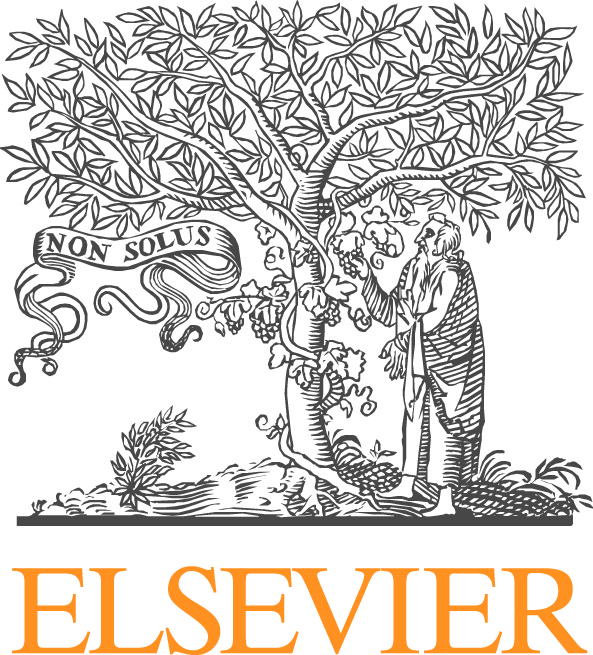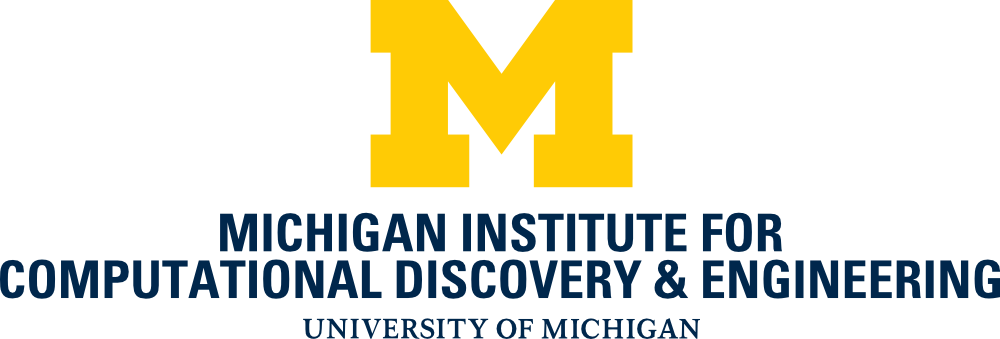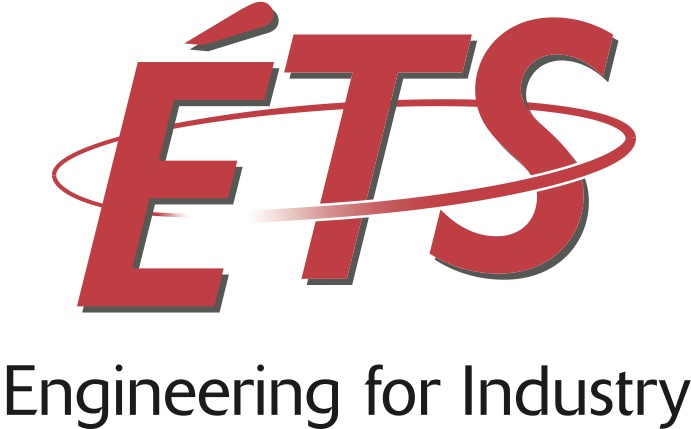Advancements in Hydraulic Fracture Simulation
Robert Gracie, University of Waterloo
C. Armando Duarte, University of Illinois at Urbana-Champaign
Erfan Sarvaramini, University of Waterloo
The aim of this mini-symposium is to bring together trans-disciplined group of experts to discuss the recent computational advancements for hydraulic fracture simulation. Over the past decade, hydraulic fracturing combined with horizontal drilling has revolutionized practises in the Oil and Gas industry and vastly increased oil and gas reserves worldwide. Despite the rapid expansion of the use of hydraulic fracturing, it remains a poorly understood process in part because it is conducted thousands of feet underground, current monitoring technology is expensive and fails to provide a complete picture, and because hydraulic fracturing involves multiple complex physically processes. This has lead industry to adopt a “Pump and Prey” paradigm. In this context, advancements in simulations, which can provide new insights and guide design, are vitally important.
We invite contributions addressing the physical, mathematical, and computational aspects of hydraulic fracture simulation. Topics of interest include recent advancements in
• Method development (e.g., Phase Field Methods; Generalized or eXtended Finite Element Method (GFEM/XFEM); Boundary Element Methods (BEM); Finite Difference Methods (FDM); Finite Volume Methods (FVM); Discrete Element Methods (DEM); Discrete Fracture Networks (DFN); mixed method formulations)
• Solution strategies for coupled problems (e.g., Thermal-Mechanical-Chemical coupling, porous media, etc.)
• Simulation validation with experiments or field data
• Other relevant topics (e.g., cohesive zone modelling, contact mechanics, etc.)







